1. Où voulez-vous aller?
Composer: Charles Gounod
Artist(s): Stephan Heber, Florian Just, Jan-Paul Grijpink, Julie Moulin
2. Recueillement
Composer: Alphons Diepenbrock
Artist(s): Stephan Heber, Florian Just, Jan-Paul Grijpink, Julie Moulin
3. Deux stèles orientées: I. Mon amante a les vertus de l’eau…
Composer: Jacques Ibert
Artist(s): Stephan Heber, Florian Just, Jan-Paul Grijpink, Julie Moulin
4. Deux stèles orientées: II. On me dit…
Composer: Jacques Ibert
Artist(s): Stephan Heber, Florian Just, Jan-Paul Grijpink, Julie Moulin
5. Élégie
Composer: Jules Massenet
Artist(s): Stephan Heber, Florian Just, Jan-Paul Grijpink, Julie Moulin
6. Rencesvals
Composer: Luigi Dallapiccola
Artist(s): Stephan Heber, Florian Just, Jan-Paul Grijpink, Julie Moulin
7. Extase
Composer: Henri Duparc
Artist(s): Stephan Heber, Florian Just, Jan-Paul Grijpink, Julie Moulin
8. Le Manoir De Rosemonde
Composer: Henri Duparc
Artist(s): Stephan Heber, Florian Just, Jan-Paul Grijpink, Julie Moulin
9. Sérénade Florentine
Composer: Henri Duparc
Artist(s): Stephan Heber, Florian Just, Jan-Paul Grijpink, Julie Moulin
10. Les Deux Grenadiers
Composer: Richard Wagner
Artist(s): Stephan Heber, Florian Just, Jan-Paul Grijpink, Julie Moulin
11. Viens! Une flûte invisible soupire
Composer: André Caplet
Artist(s): Stephan Heber, Florian Just, Jan-Paul Grijpink, Julie Moulin
12. Chansons Madécasses: I. Nahandove
Composer: Maurice Ravel
Artist(s): Stephan Heber, Florian Just, Jan-Paul Grijpink, Julie Moulin
13. Chansons Madécasses: II. Aoua
Composer: Maurice Ravel
Artist(s): Stephan Heber, Florian Just, Jan-Paul Grijpink, Julie Moulin
14. Chansons Madécasses: III. Il est doux de se coucher
Composer: Maurice Ravel
Artist(s): Stephan Heber, Florian Just, Jan-Paul Grijpink, Julie Moulin
15. Sérénade
Composer: Charles Gounod
Artist(s): Stephan Heber, Florian Just, Jan-Paul Grijpink, Julie Moulin

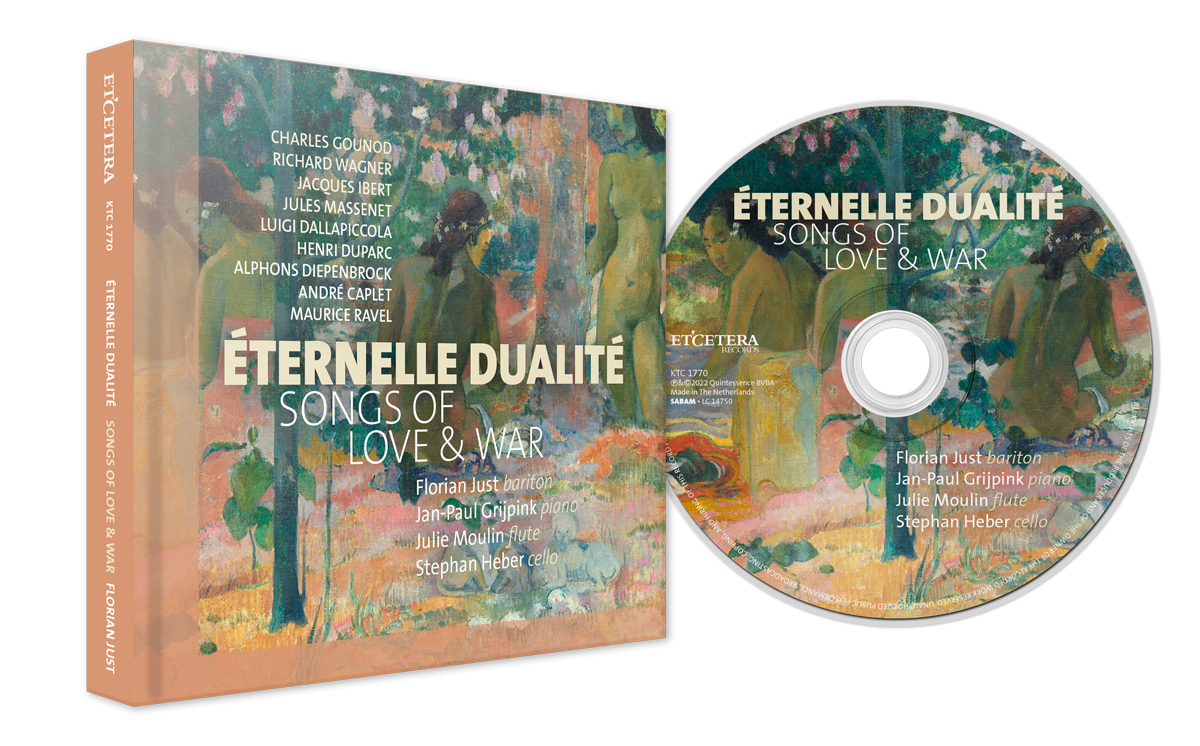
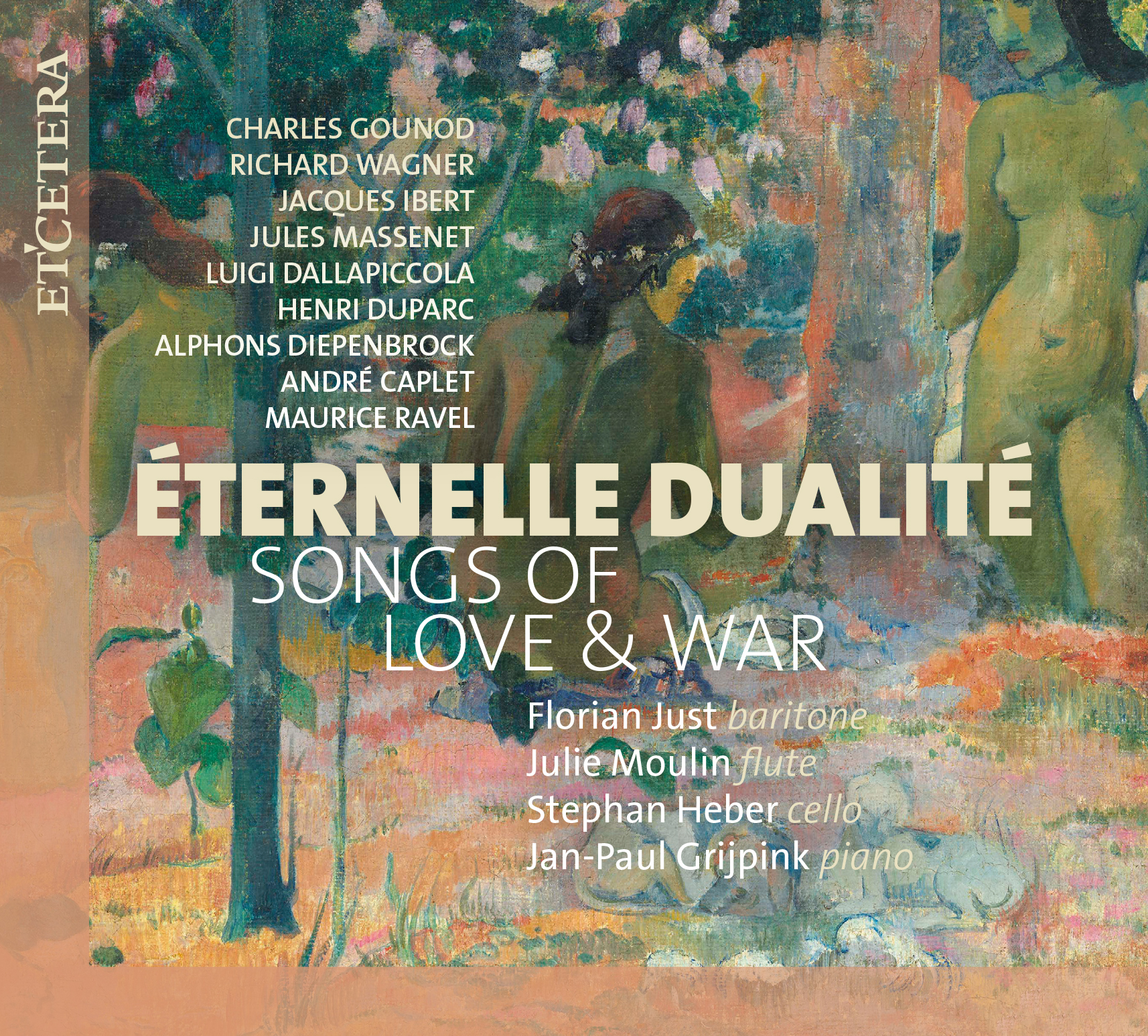
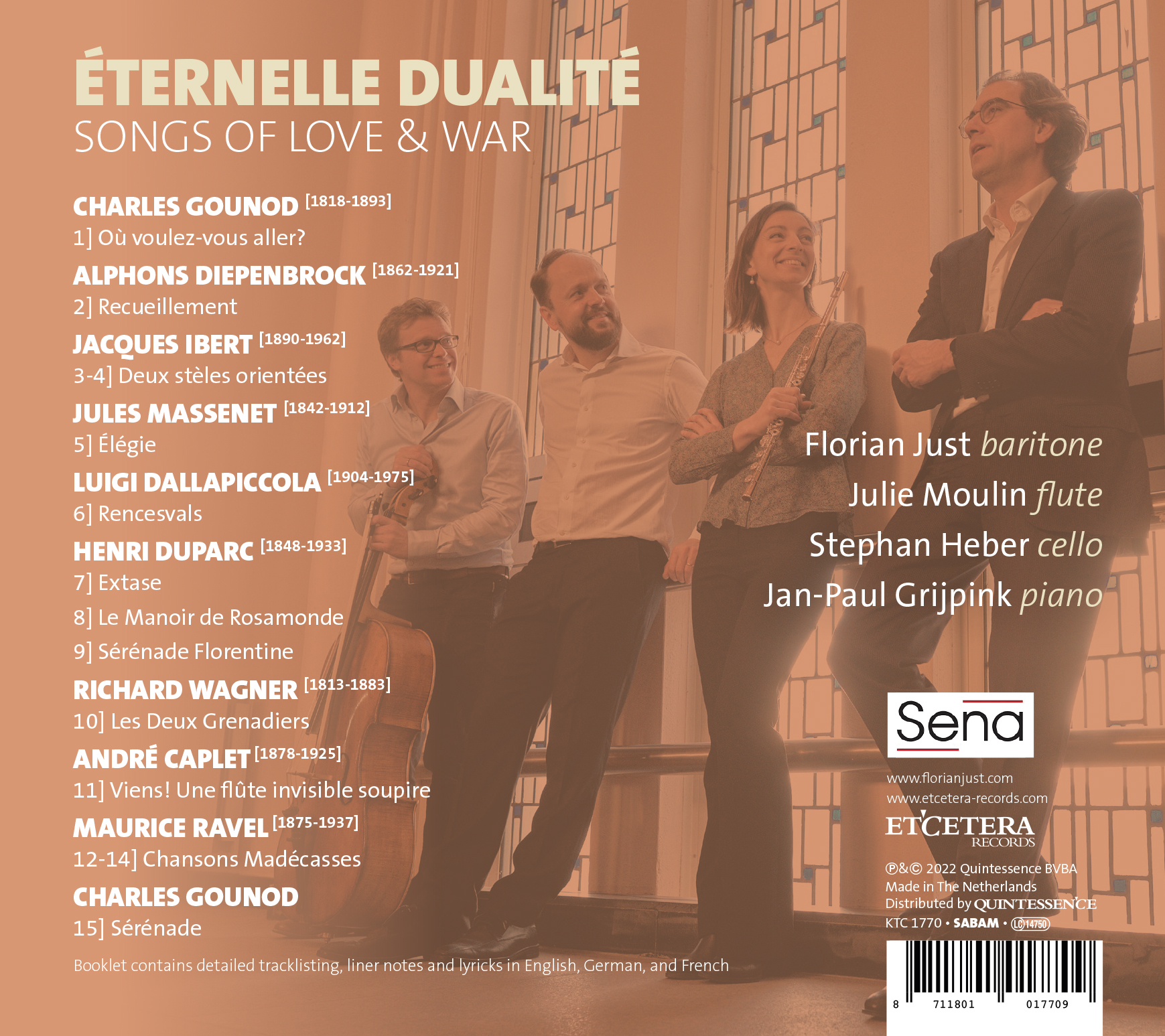

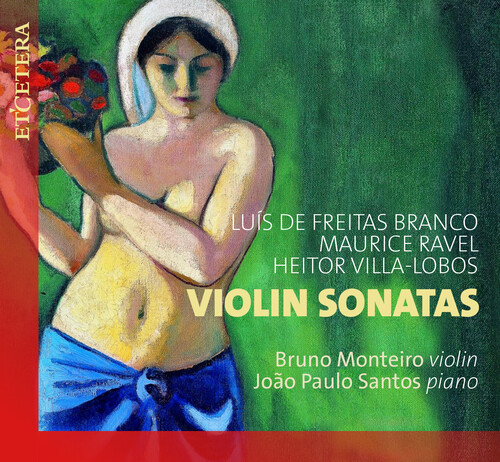
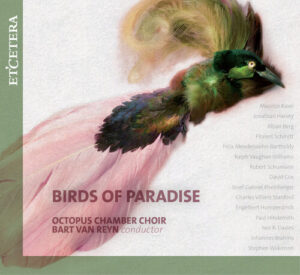
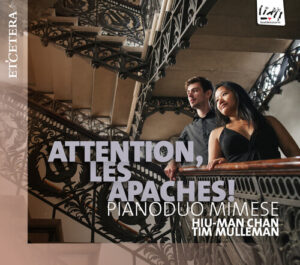
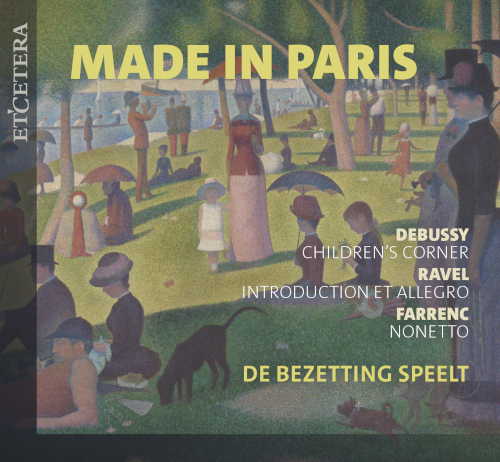

Reviews
There are no reviews yet.